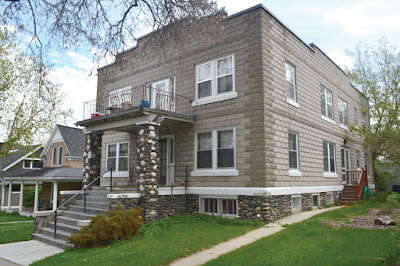The blocks of concrete or concrete are a material widely used in the construction of buildings, being chosen to the detriment of others for their resistance and insulating properties of sound and temperature. However, they also have their cons, which should be analyzed briefly to know in what situations or type of construction it is better to use them.
As previously noted, there are a number of reasons that justify the investment of money in this type of brick:
Fire resistance:
It is proven that the interior walls built with concrete blocks help to contain a fire inside the compartment, preventing it from spreading throughout the building. An exterior wall made with this material helps prevent a fire from passing from one house to another.
Also, the concrete block can withstand high temperatures and the water pressure of fire hoses better than other materials that are considered fire resistant, such as fibre reinforced drywall.
The material is highly resistant to cracking and crumbling at extreme temperatures, unlike concrete pouring.
Good acoustic and thermal insulation:
A well-built concrete block house will be practically soundproof, as long as the doors and windows are also properly insulated. Walls made of this material also insulate against cold and heat and help the home use less energy to maintain comfortable temperatures.
Different finishes:
The concrete blocks usually have a smooth finish, but it can be found with a decorative finish that can enhance the attractiveness of the wall built with this material. These concrete pieces accept very well any colour or type of stucco.
Resistance to natural disasters:
With proper construction include the placement of steel rods and a mixture of cement, sand and gravel in the hollows of the blocks, houses built with concrete blocks can withstand hurricane winds and can also better withstand attacks of seismic movements.

No comments:
Post a Comment